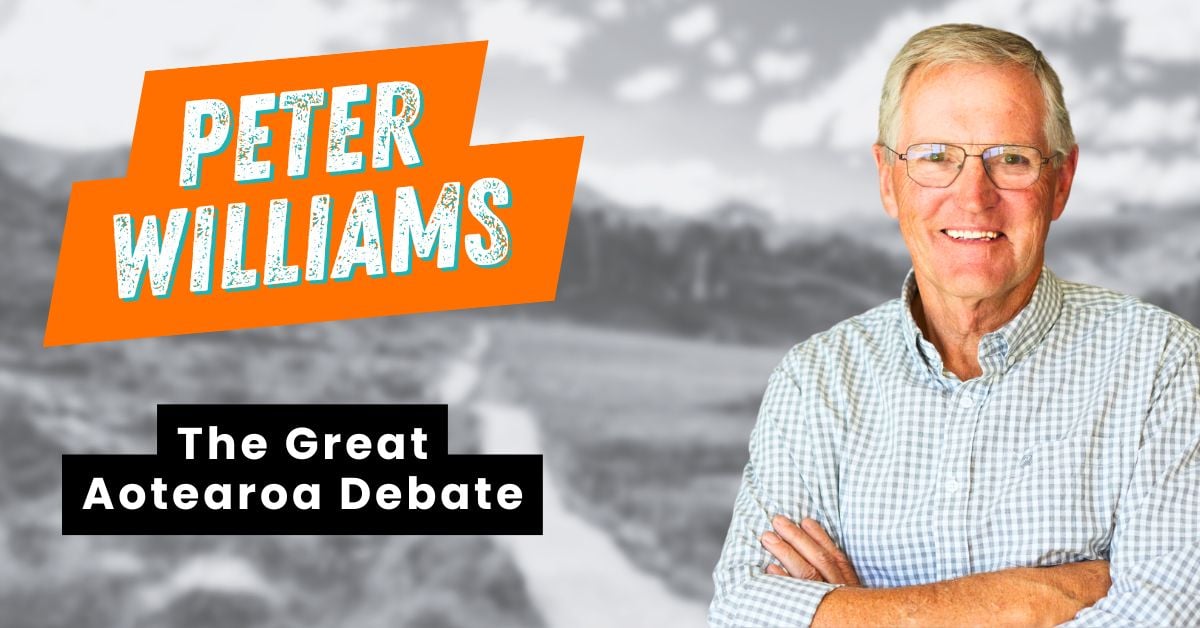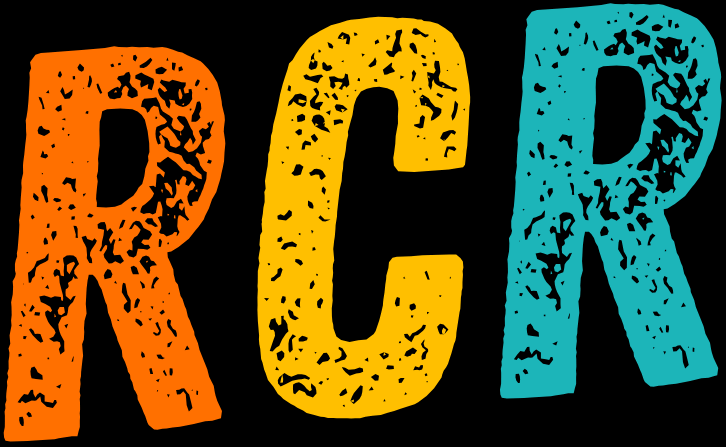
by Peter Williams
It was a good try but Winston, you’re at least five years too late, possibly much longer.
The New Zealand First leader made a not so subtle point during Question Time this week when responding to a query from an opposition MP about a UN oceans conference in France.
The question referred to Aotearoa-New Zealand. Peters replied that he had attended the conference but that “no such country turned up, nor is such a country a member of the United Nations.”
For this he was rebuked by Speaker Gerry Brownlee who pointed out that Peters had travelled the world as Foreign Minister on a passport for both Aotearoa and New Zealand, that Aotearoa now features on our bank notes and that the Geographic Board includes Aotearoa in its official name.
All of which is true.
But how did that happen? How is it that Aotearoa appears on both our passports and bank notes? These are, by some distance, the most important of official government documents.
Seventy percent of us have a passport and while many live a life through EFTPOS, Paywave and bank transfers, most of us would touch a $5 or $10 note more than any other piece of government documentation.
Here are the important questions.
Was there ever a government or parliamentary directive to include Aotearoa on passports and bank notes?
Or was it a decision from deep inside the bureaucracy?
Were we as users ever consulted?
Why was it deemed important to have this name included?
Answers are, to say the least, difficult to find.
Some reports say Aotearoa first appeared on our passports from 2005 when the Department of Internal Affairs introduced the biometric versions. Others suggest it came in 2011 when the National Party was governing with support from the Māori Party of Pita Sharples and Tariana Turia.
From memory Aotearoa originally only appeared on the inside pages of the documents. But since 2021 the front cover has included Uruwhenua Aotearoa above New Zealand Passport.
The etymology of uruwhenua is intriguing. If whenua means land and uru means either hair, a northwest direction or entering or going to a place, then translating uruwhenua to passport is quite the stretch!
But then te reo is a language with barely 200 years of written history so inventing and introducing new words has been part of its evolution for two centuries.
However, the main point is that the most official and important document a New Zealand citizen can obtain and own had its very core function – the identification of one’s country – added to and changed at some stage in the last twenty years without any consultation with those people who own them, the citizens. The change happened before our eyes with barely a murmur. We weren’t asked if we wanted the change. We weren’t told it had happened until the new passport arrived in the mail.
Considering that for a period earlier this century passports had to be re-issued every five years, it’s quite extraordinary that nobody bothered to pay much attention to the alternative or additional name of the country the document was issued for.
But it’s worth considering the time of the change, either 2005 or 2011. The country was not being wracked by a bureaucracy-led Maorification of the way we operate. When those new passports arrived fifteen or twenty years ago with an alternative name for this land we call home, we probably thought that it was, well, kind of cute.
The name on the passport was, on reflection, the start of it. Then came the bank notes in 2015 and the Ardern government put the pedal to the floor with virtually every piece of legislation, especially the Public Service Act and Education and Training Act of 2020, containing sections requiring understanding and implementation of Māori perspectives.
So now we have what we have today. A nation which is struggling with its most basic question. What is our name?
The stealth of the last two decades has been allowed to occur because as a people we have been too laconic, too lackadaisical and too focused on getting on with life. We haven’t paid enough attention to the way the country’s governing structures are slowly and inexorably being changed.
Winston Peters has seen it happen and has been trying to stop the flood. Sadly he’s been run over by the bureaucracy and the parties of the left.
His comments in Question Time this week were a good try. Maybe he should introduce a Member’s Bill to have the word Aotearoa removed from our passports.
Or maybe he should just get the people to answer the simple question – do you want your country to be named, or part named, Aotearoa ?
A referendum at next year’s election could settle the matter.
Originally published on PeterAllanWilliams.
